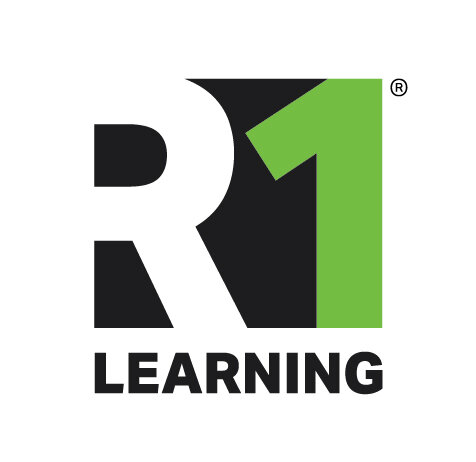Learn Why Identifying Relapse Triggers is Important for Recovery
Substance use triggers are high on the list of areas to look out for on the road of recovery. In early recovery, physical cravings from withdrawal and compulsive addictive thinking can be at the core of one’s inability to stop drinking. These mental obsessions, withdrawal symptoms, and physical cravings are normal for substance users at any phase of their addiction, but certainly a major barrier in the later phases of this progressive disease. Physical cravings caused by hunger, exhaustion, or stress can also trigger drinking or using. Many of these physical triggers can be minimized with proper and rigorous attention to the basics of our body’s needs — eating a balanced and nutritional diet, getting the proper amount of rest and sleep, and exercising daily. They can also be managed effectively through appropriate medication-assisted treatment (MAT).
Relapse Triggers Defined
A trigger is a stimulus that brings on a reaction or series of reactions. Triggers can set off memories or even flashbacks, transporting the individual back to the event or situation of the original behavior.
Relapse triggers (or substance use triggers) are mental or emotional factors that elicit unhealthy behaviors, that remind individuals of their prior drinking or using, and that may spark cravings to drink or use again. Triggers may be external — such as people, places, things, or situations closely associated with drinking or using. They may also be internal — such as negative or positive emotions and feelings.
Additionally, it is helpful for individuals to think about their past drinking or using experiences to identify environmental triggers in order to plan for and prevent recurrences of use. Our model highlights four types of environmental triggers — people, places, things, and situations. These are the stimuli in the environment that spark the emotional process, activate physiological changes in the body, and move individuals toward action tendencies, and reactions. These actions can be either healthy or unhealthy behaviors depending on the emotional regulation practices of the individual. Ideally the goal in recovery is to abstain from drinking or using completely. But recurrence is part of many recovery paths, and increasing the length of time between recurrences is also an important measurable objective. Each drinking or using experience presents a learning opportunity to better understand relapse triggers and the emotions they activate. Helping individuals anticipate, plan for, observe, and avoid these environmental triggers is at the core of effective relapse prevention. The first step is understanding relapse triggers is to better understand the basic theory of emotions and feelings.
Copyright 2020 R1 LLC / All Rights Reserved. Use of this information for any purpose is prohibited without permission.


